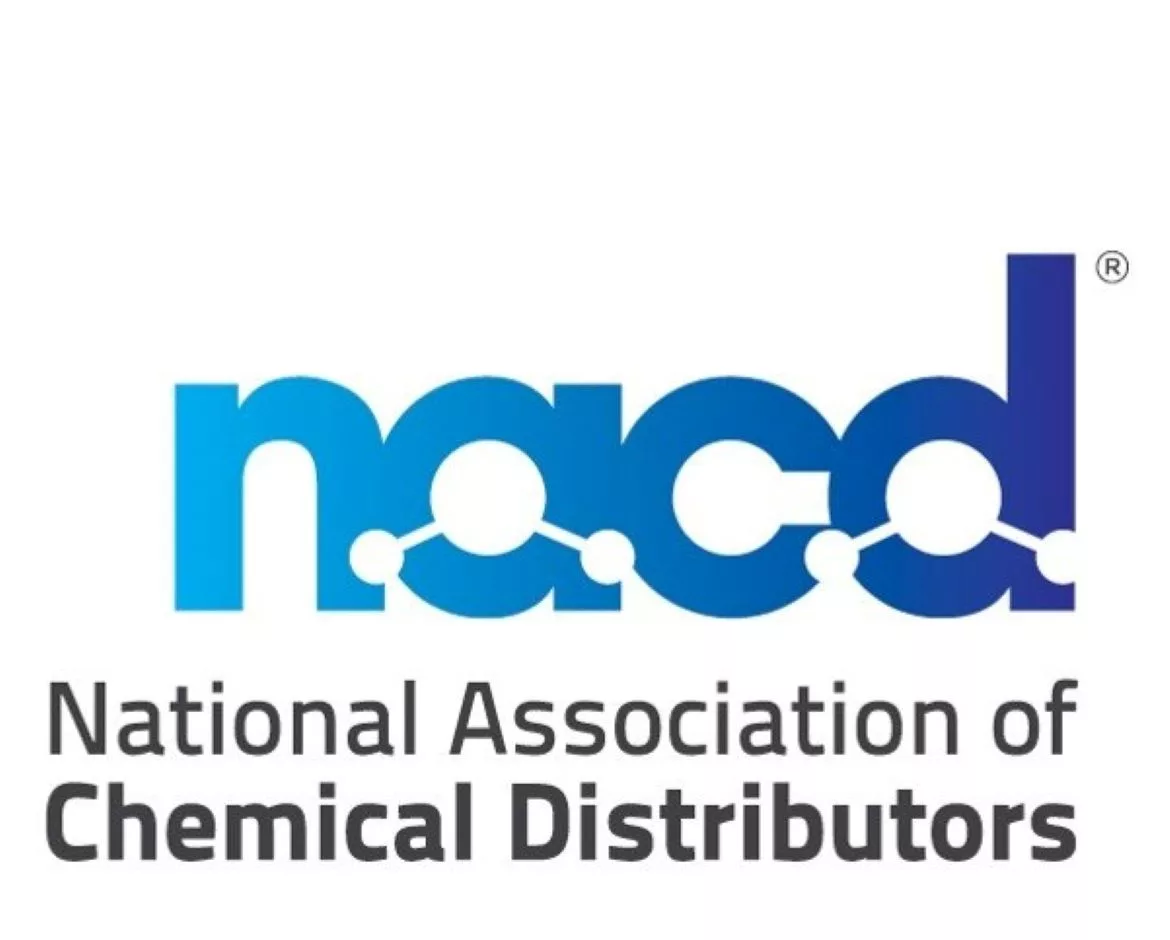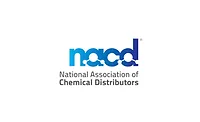NACD Issues Comments to USTR to End Section 301 Tariffs

Image courtesy of NACD.
The National Association of Chemical Distributors (NACD) submitted comments to the U.S. Trade Representative (USTR) regarding Docket ID No USTR-2022-0014, Request for Comments in Four-Year Review of Actions Taken in the Section 301 Investigation. In the comments, NACD strongly recommends the USTR lift the Section 301 tariffs.
Since their implementation under President Trump in 2018, the Section 301 tariffs have not realized their desired results. They have not proven effective in deterring China from violating U.S. intellectual property or technology development, nor have they relieved American reliance on chemical imports from China. Furthermore, these tariffs have an outsized, detrimental impact on the American economy and limit U.S. companies’ ability to compete in the global marketplace.
According to an assessment conducted on behalf of NACD by economic research firm John Dunham & Associates, the Section 301 tariffs’ impact on the U.S.is immense. The chemical products subject to the Section 301 tariffs are used in agricultural, industrial, food, cosmetic, and medical applications, many of which are essential to safeguarding the health and well-being of Americans and maintaining and improving the country’s infrastructure. Dunham’s analysis shows that the $37 billion in Section 301 tariffs collected annually have cost consumers in America a total of more than $50 billion per year – equating to nearly 500,000 fewer jobs in the U.S. that would have paid American workers more than $30 billion in wages and benefits – while local governments have lost almost $6 billion annually.
Even before accounting for China’s retaliatory tariffs that have doubled the trade-weighted average that Americans typically pay for certain Chinese imports, the Section 301 tariffs have the effect of shrinking the size of the economy by $3.00 for every $1.00 collected in Section 301 tariff revenue.
“The Section 301 tariffs have not deterred China and have hurt U.S. consumers and businesses,” said Jennifer C. Gibson, NACD’s Vice President of Regulatory Affairs. “Importers have already struggled through terrible financial strain due to supply chain congestion, sky-rocketing shipping costs, and the rise in inflation. It is time to give American businesses and consumers a break by ending the tariffs, or at least by reinstating and expanding the scope of the tariff exclusion process.”
In addition to the overall economic impacts, the Section 301 tariffs are harming the ability of American industries – including chemical distribution – to compete globally. It is a lengthy process, and sometimes unfeasible, for companies to switch suppliers to avoid the tariffs. The Section 301 tariffs combined with the lack of renewed trade programs such as the Generalized System of Preferences (GSP) and the Miscellaneous Tariff Bill (MTB) mean there are few incentives for U.S. companies to manufacture components domestically versus import finished products from other countries, impacting the U.S. goal of expanding onshore manufacturing. The increased prices for inputs result in higher prices offered by U.S. companies to the global market.
NACD believes U.S. businesses and consumers will continue to suffer if the Section 301 tariffs remain in place. Read NACD’s full comments submitted to the USTR here.
Looking for a reprint of this article?
From high-res PDFs to custom plaques, order your copy today!





-(1).webp?height=200&t=1668413861&width=200)
